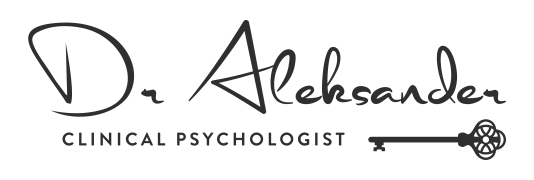
“Unlike self-criticism, which asks if you're good enough, self- compassion asks, what's good for you?
Understanding Self-Esteem
Self-esteem, the overall evaluation of one’s worth and value, plays a critical role in our lives, influencing relationships, work performance, and mental well-being. People with healthy self-esteem generally have a balanced view of their strengths and weaknesses, whereas those with low self-esteem may struggle with self-doubt and difficulty asserting their needs or opinions.
The Role of Core Beliefs
As meaning-making creatures, humans form beliefs about themselves, others, and the world around them. These core beliefs, deeply ingrained and shaped by experiences, interactions, and values, serve as the foundation for self-perception and interpretation of experiences. Core beliefs directly impact self-esteem, with positive beliefs fostering healthy self-esteem and negative or dysfunctional beliefs contributing to low self-esteem.
Cultivating Healthy Self-Esteem
To cultivate healthy self-esteem, one must address their core beliefs and actively work on self-improvement. This includes practicing self-compassion and positive self-talk, identifying and challenging negative beliefs or thought patterns, focusing on personal growth and development, and surrounding oneself with supportive relationships. Understanding the connection between core beliefs and self-esteem empowers individuals to recognise the origins of their self-perceptions and create a more positive self-image.
DASS-21 Questionnaire
All new patients are encouraged to complete the DASS-21 psychological test. This quick and easy online questionnaire assesses depression, anxiety, and stress levels, providing valuable insights into your mental health.
Take the online quizTherapy Process
Personalised and effective therapy develops through a dynamic and iterative process.
Your evolving needs will be met by a continuous refinement of such process, fostering successful and unique care.
1. Assessment
We begin by exploring your concerns, history, and goals through a clinical interview and psychometric questionnaires. Building a strong therapeutic relationship is our priority during this phase.
2. Formulation
Together, we develop an understanding of your experiences based on psychological theories, aiming for a shared understanding of contributing factors.
3. Treatment
Tailored therapy approaches, such as CBT or ACT, address your specific needs. We focus on emotional stability, coping strategies, and uncovering underlying patterns for lasting growth.
4. Evaluation
Continuous assessment allows us to monitor progress. I will adjust treatment plans and optimize outcomes based on individualized goals and standardized measures.
